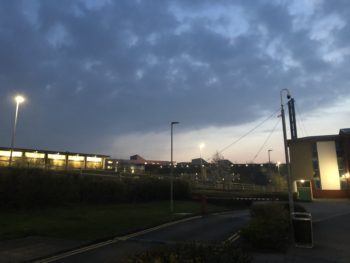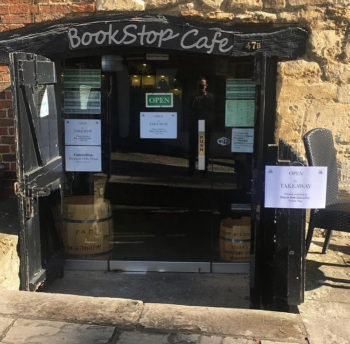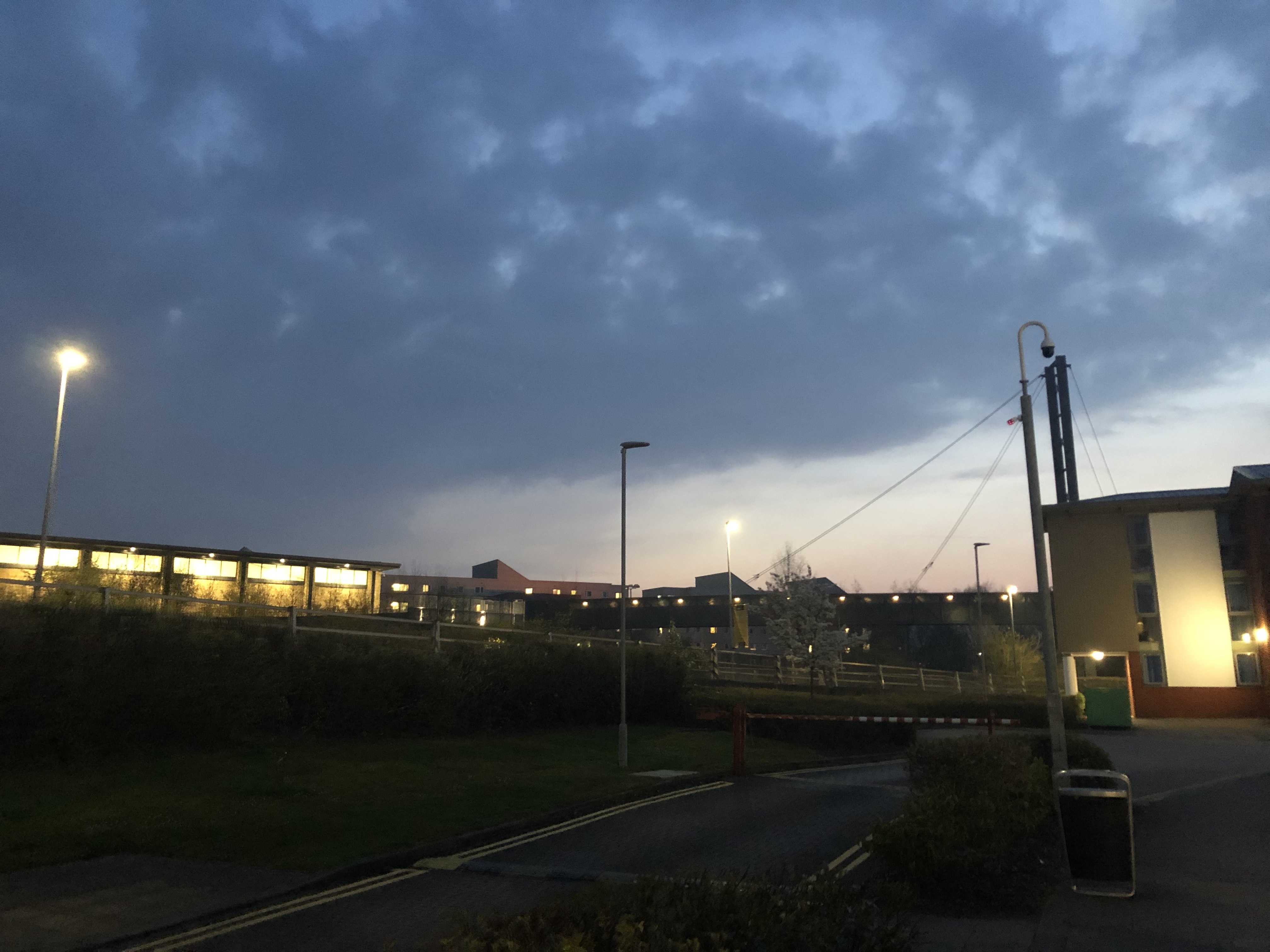Businesses in Lincoln are set to face a difficult Christmas period, as the city now remains in tier 3 until at least December 16.

Pubs, cafes, restaurants and hotels are among those hit hardest by the new restrictions, which apply to the entire county.
Unable to open, smaller businesses have been left out in the cold during one of the most profitable times of the year.
Ivano de Serio co-owns The Old Bakery restaurant, where he also works as a chef. He says tier 3 targets businesses like his unfairly.
“Everything else is open. Gyms, barbers, hairdressers, shops – everything is open apart from us,” he said. “People come, sit down, have their meal and then go home. They are safer in our place than going to the supermarket.”

Mr De Serio says remaining closed has had a severe financial impact, despite the furlough scheme.
“Even if it’s closed, we still have costs,” he said, adding that government grants intended to help the restaurant are still taxed at a 20% rate.
Joff Gainey, owner of BookStop Cafe, found up Steep Hill, said not much has changed.
“Tier 3 to me is the same as being in lockdown because we can only do takeaway. It remains a struggle,” he said.
“The bigger businesses have bank balances and big names to help them through this. Small businesses don’t – and any reserves were used up in the first lockdown.”
Mr Gainey added that the cancellation of the Christmas market has exacerbated this struggle, as it usually carries some businesses through January into February.

“The positive is we are going to keep going for as long as we can. It’s strange times for everybody,” he said.
Another local cafe, Go Gelato, located on The Strait, said they weren’t surprised Lincoln was moved to tier 3 following a rapid increase in COVID-19 cases.
Staff there remain optimistic and have discovered many positives that have come out of the restrictions.
“The days we’ve been open, we’ve seen a huge increase in sales,” said Lucie Poole, who owns the cafe. She added that this could be down to having more time to showcase the cafe on social media.
“Being able to cheer someone up with a sweet treat and a hot coffee and seeing them excited as they go for their daily walk is a huge buzz,” she said. Ms Poole sees the cafe as ‘a port in the storm’ for those living alone at the moment.
“I think local businesses have proved to be amazingly resilient and have a fighting spirit, as they love what they do,” she said.
Despite the positivity, Ms Poole recognises that it’s hard to compete against big businesses.
“If ever there was a time to say ‘I’m going to try this little cafe or this coffee shop today’, it’s now,” she said.
Hotels and bed and breakfasts have also been forced to stay shut, as the travel industry takes a hit.
Marie Phillips is the owner of Brayford Guest House. Prior to the COVID-19 pandemic, she was attempting to sell the business in order to retire, but has now been left without a buyer during a crushing economic downturn.
Despite this, she says tier three restrictions, which come with government support, are helpful, as being open wouldn’t guarantee custom.
“At least we’re going to get some help,” she said. “Who’s going to come anyway?”
While bigger businesses may have larger pockets, tier 3 restrictions still come with challenges.
James Brooks, chief executive of University of Lincoln Students’ Union James Brooks said forced closure will be devastating for the Engine Shed, a popular arts venue.
“For us in particular, it means that we are not able to hold any more physical events and activities for students, which would not only enable them to socialise but also would help to boost their mental and physical wellbeing,” he said.
“We currently have all but one member of our Engine Shed team furloughed and are grateful to have been awarded £200k from the Government’s Cultural Recovery Fund.”
The county-wide tier 3 restrictions which came into force after a brief national lockdown have been the subject of criticism from some, who argue that many areas of Lincoln have low rates of infection and shouldn’t face such strict regulation.
However, as news of a U.K. vaccine approval broke, a renewed sense of hope emerged, amid bleak circumstances.

